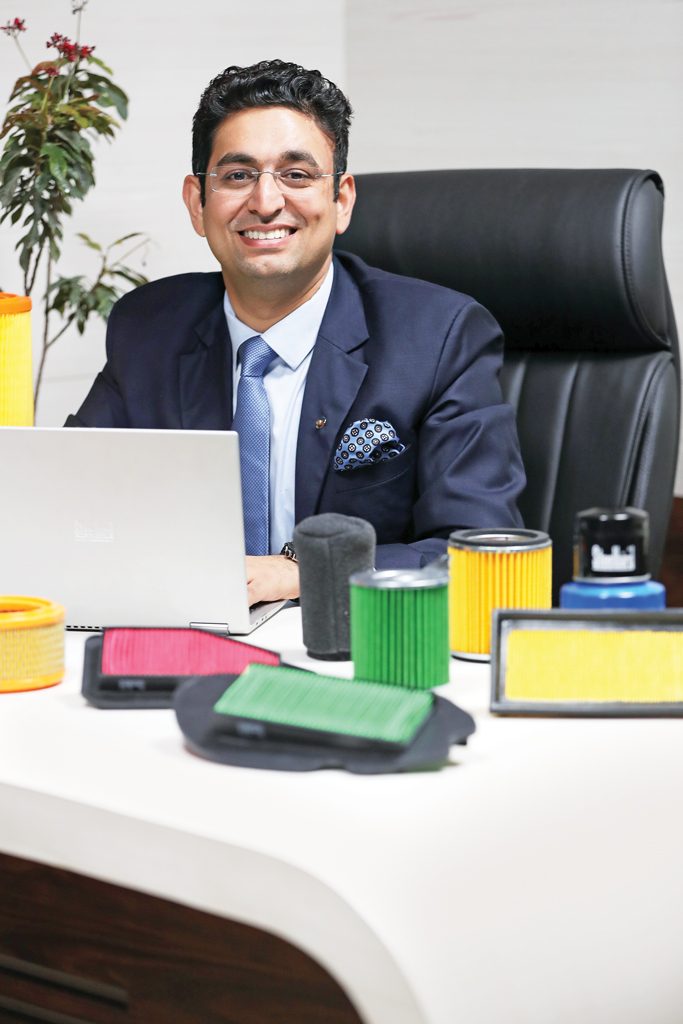
The auto industry has sought Government intervention to boost the prospects of 100 per cent localisation, writes Manav Kapur, Executive Director at Steelbird International.
Localisation refers to the practice wherein different components of the vehicles are manufactured within the country where the vehicle is meant to be sold. A 100 per cent localisation within the automotive sector would be an aspirational dream in tandem with the ‘Make in India’ vision programme led by Prime Minister Narendra Modi. The Indian automotive industry has gained momentum since early January 2021. The auto components industry as alone is expected to reach the USD 200 billion revenue mark by 2026. A pillar of the industry, the auto component and ancillary suppliers are expected to play a key role as a vital cog of the wheel. However, India’s auto component manufacturing sector is yet to realise its true potential. It is not because of challenges limited to the technology but production costs that continue to be a major concern area.
While the whole nation is focusing on an ‘Atma Nirbhar Bharat’ or self-reliant India, it is an opportunity for many sectors with an exception of contretemps, a minor dispute or disagreement for a few others. The Government has urged auto components manufacturers in the country to increase localisation levels to 100 per cent. It has urged the stakeholders to provide a push especially to the local manufacturers in a bid to bolster the domestic supply chain and thereby strengthen the core of the automotive industry. As many Indian auto component manufacturers aim to cut their import dependencies, it is a mammoth process and one easier said than done.
It can be strenuous for the sector given that 30 per cent of the industry is still dependent on imports from other parts of the world, mainly China. While the dependency of the automotive manufacturing sector on import is approximately 70 per cent there are companies pushing in the right direction with nearly 75-95 per cent localisation levels. As a key driver of the Indian economy, and a top contributor amongst the manufacturing sector, for the auto industry, localisation will be the way forward to safeguard against variables like the fluctuating exchange rates known to directly impact the cost of the finished goods.
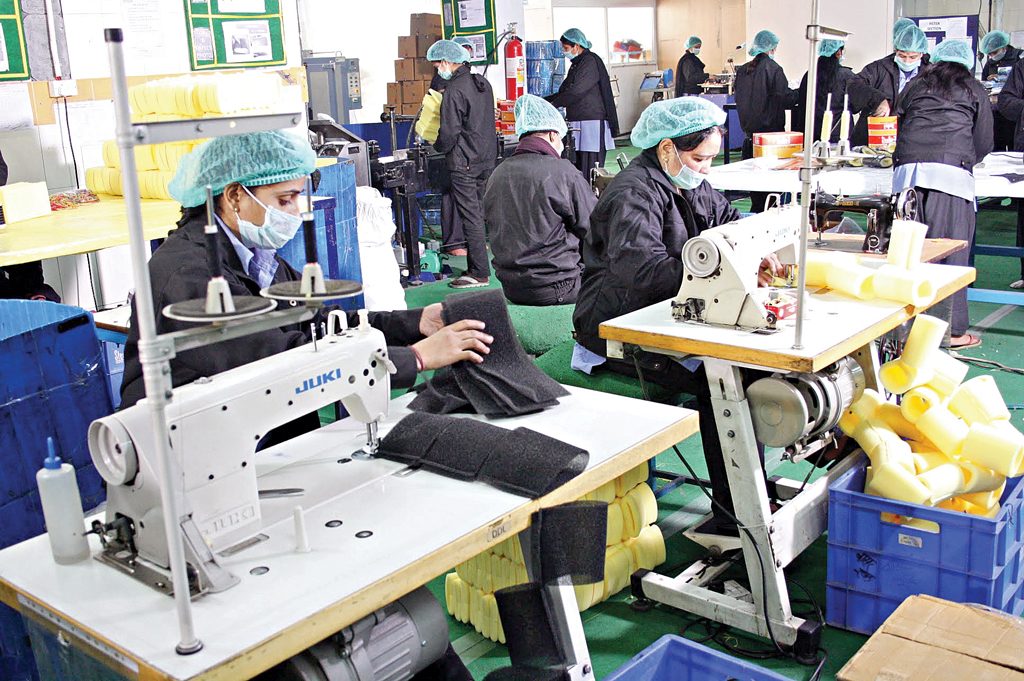
The need for intervention
Auto manufacturers from across the nation have sought government support for localisation of the electronic components, especially semiconductors. It is well known that there is a global shortage of semiconductors. Localisation of such components requires a very high investment to be made. Some of the key factors influencing the localisation drive are resource unavailability, shortage of skilled labour and access to technology, high cost of production besides government policies that include the indirect taxes in the form of custom and excise duties that are levied. To encourage localisation cent per cent, there is a need for a cohesive effort by the government and the auto components companies on the road map for self-reliance to be able to realise a far greater localisation of
auto components.
Given the current scenario, most of the auto manufacturing companies have shown their interest in aligning with the government’s 100 per cent localisation drive. They are however seeking government support to address the lacunae in infrastructure, talent pool, industry scale-up policy formulation, access to state-of-the-art technology and best global practices, remaining cost-competitive and access to cost-effective capital. The industry is facing challenges in the form of rapid change in technology which calls for more funds for investments in research and development. With regards to the trade policy, the challenges mainly faced by Indian manufacturers are the slowdown in investments for the OEMs, duty on imported auto parts, and the sharp rise in imports mainly from ASEAN countries.
The automotive manufacturing sector plays a pivotal role in contributing 7.1 per cent to India’s Gross Domestic Product (GDP). The entrepreneurial community from the auto component fraternity has wished for crucial interventions from the government on the front of taxes, scrappage policy, import-substitution, capacity installation, and R&D to name a few.
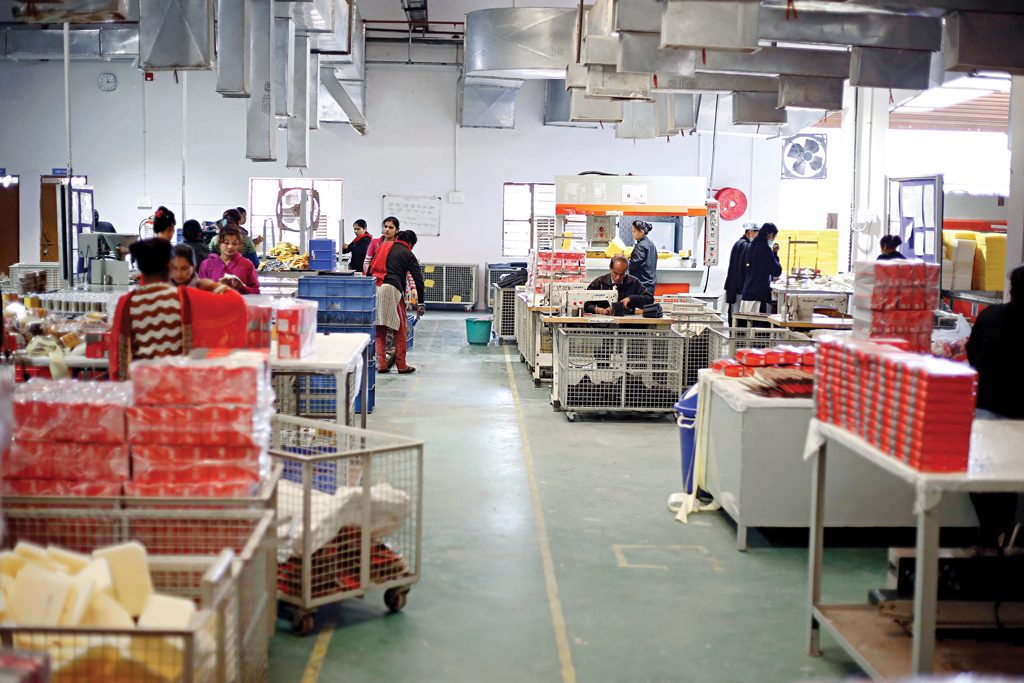
Dealing with the pandemic
It is well known that the auto sector has had to face tough times during and after the pandemic peaked. It’s been a sigh of relief for the automotive industry to have witnessed a spike in vehicle sales after a severe period of slowdown. The rise in the cases of Covid-19 all over again though threatens to once again cast a dark shadow on the recovery and growth prospects of the Indian automotive industry. The spike in cases has urged the government to impose lockdowns and curfews, in different measures varying from state to state beginning with the weekend imposition as a common trend. The latest guidelines announced by the state governments may have few exemptions but they stand to disrupt the supply chain altogether.
A crucial part of this supply chain are the transporters who experienced severe hardships during the previous year’s lockdown. They fear disruption in the services due to restrictions with the new surge in cases. Even if we were to have local lockdowns the impact will be felt on a pan India scale. With major original equipment manufacturers contemplating a rollback in production, jobs are also likely to be impacted. The production cuts will harm the industry and adversely affect the Medium and Small Enterprises (MSMEs).
It is a matter of concern for many manufacturers and suppliers to meet the demand in the market. The supply chain of the auto industry is integrated as a whole and hence measures like lockdown stand to impact the industry as a whole. In a nutshell, if a bike manufacturing company needs an auto component from its vendor, and the vendor is at the lockdown zone and cannot fulfill the demand, the disruption in the supply chain may cause a mismatch in the demand and supply of the product. Lockdowns will impact the whole auto industry as daily wage workers from across India press the panic button and look to migrate all over again. Daily wage workers are the most affected individuals during this lockdown and they are still struggling to recover from last year’s loss. The overall impact of the second wave is difficult to assess at the moment but surely it will have a negative impact on the automotive sector and its drive for localisation as a whole. ACI
———————————————
Manav Kapur, Executive Director, Steelbird International is an experienced Executive Director with a demonstrated history of working in the automotive industry. Skilled in negotiation, manufacturing, management, project management, and product development, the strong business development professional is a graduate from the Indiana State University – School of Business.




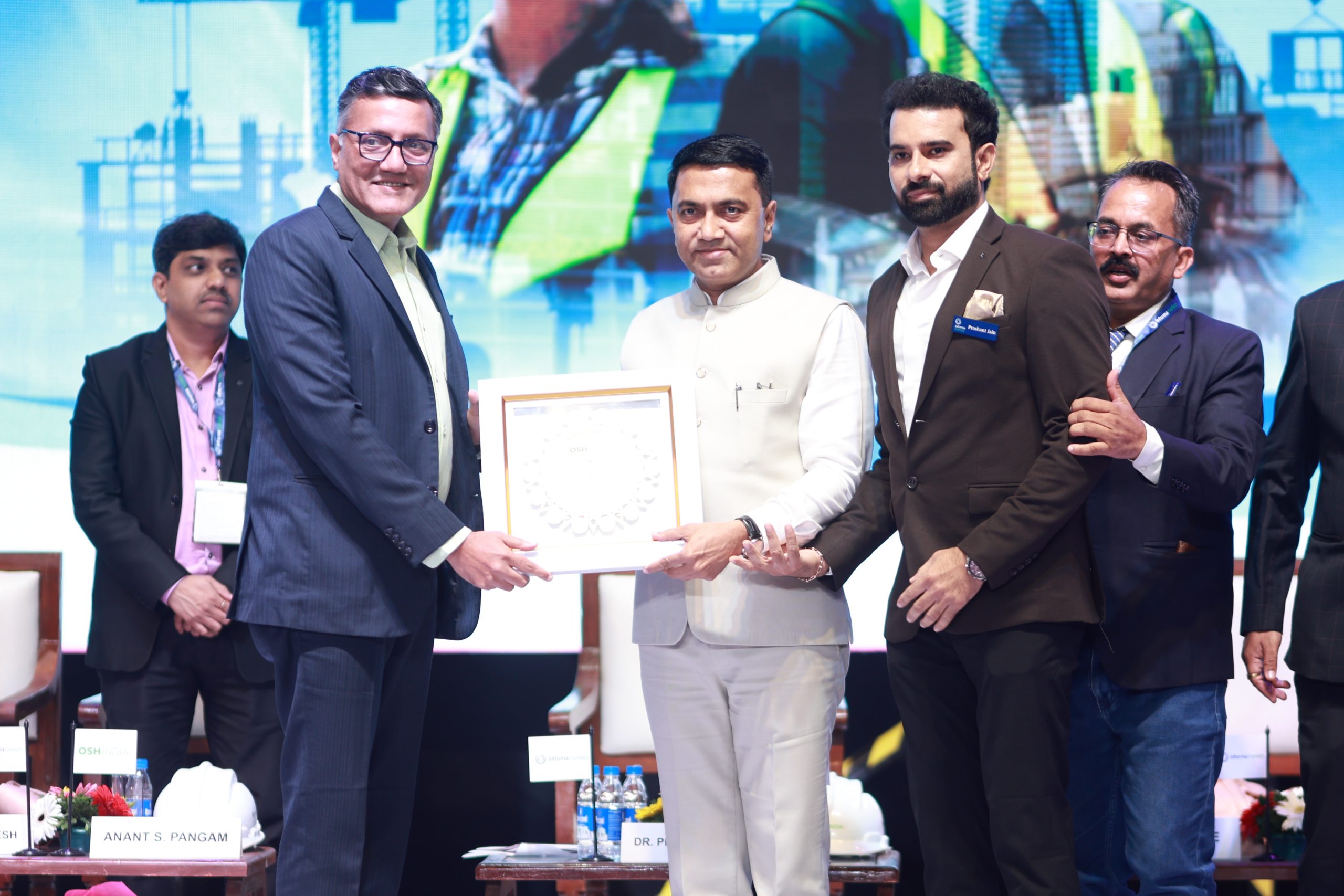

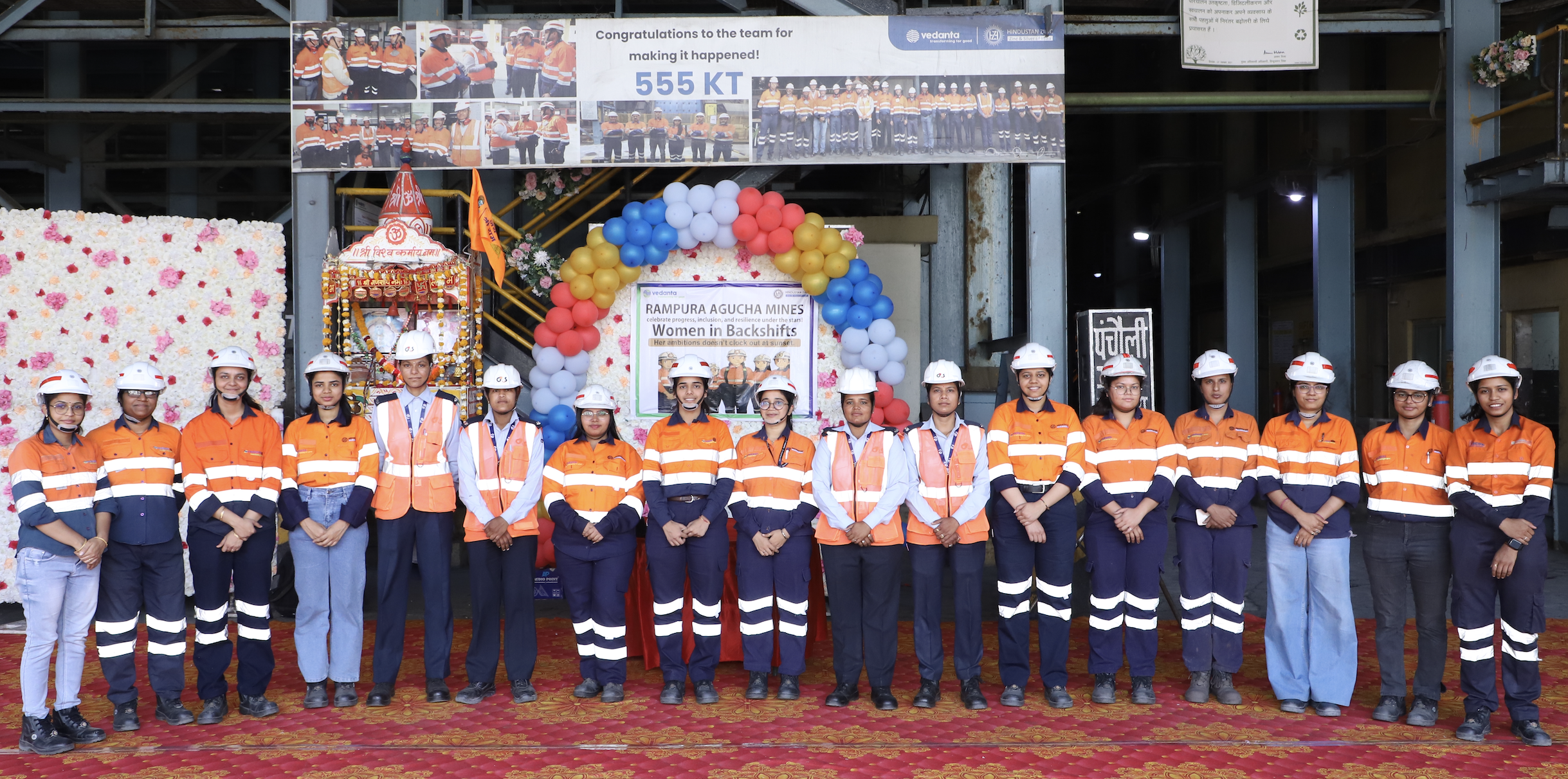
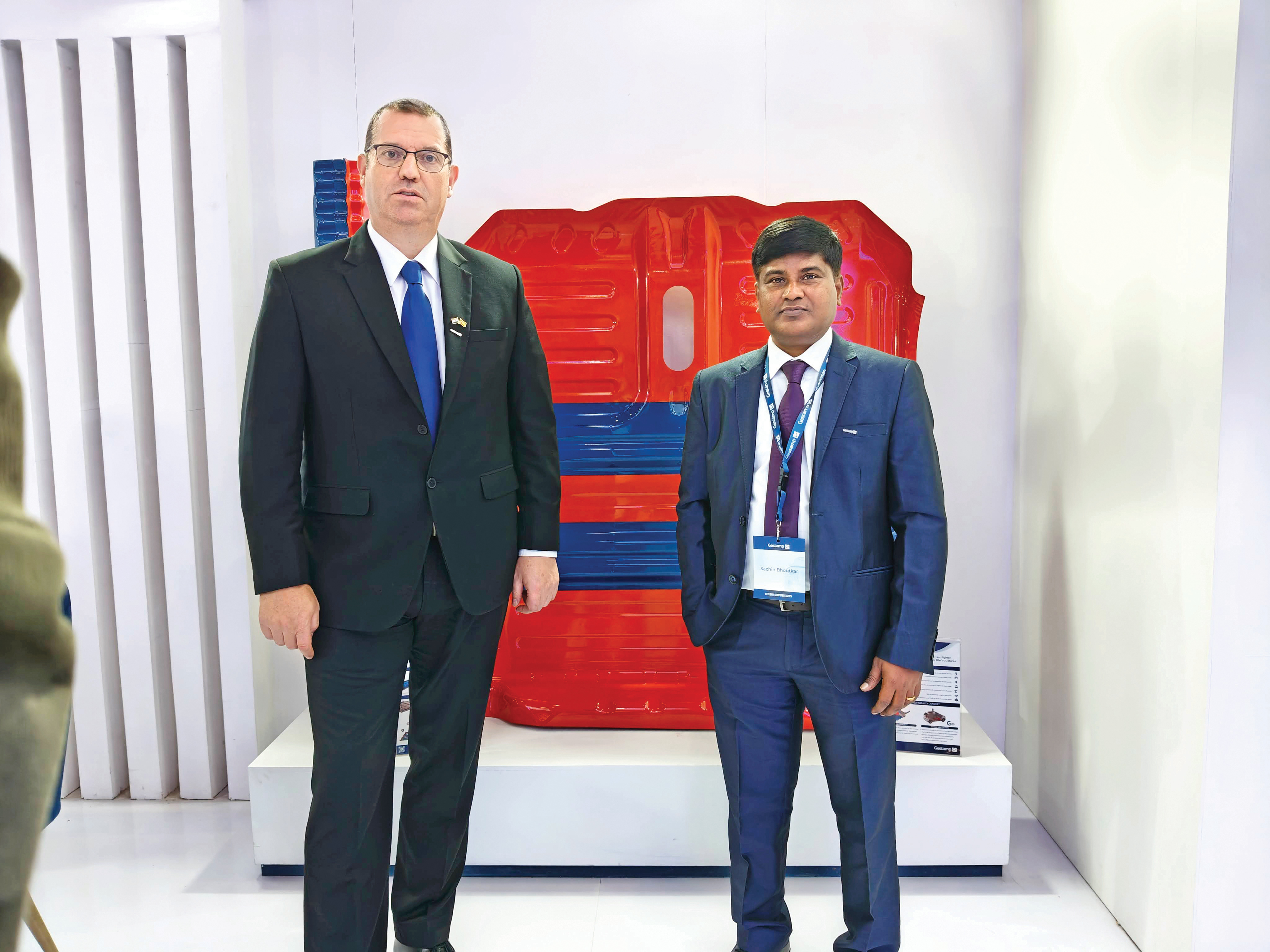
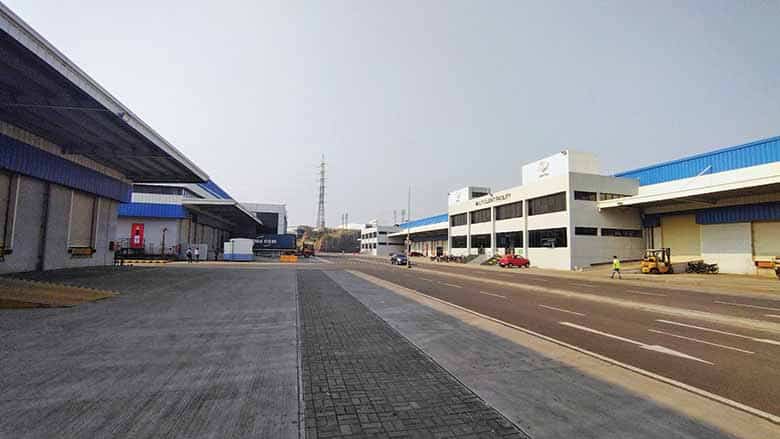

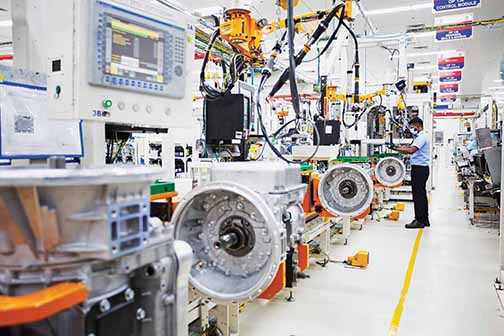




Leave a Reply